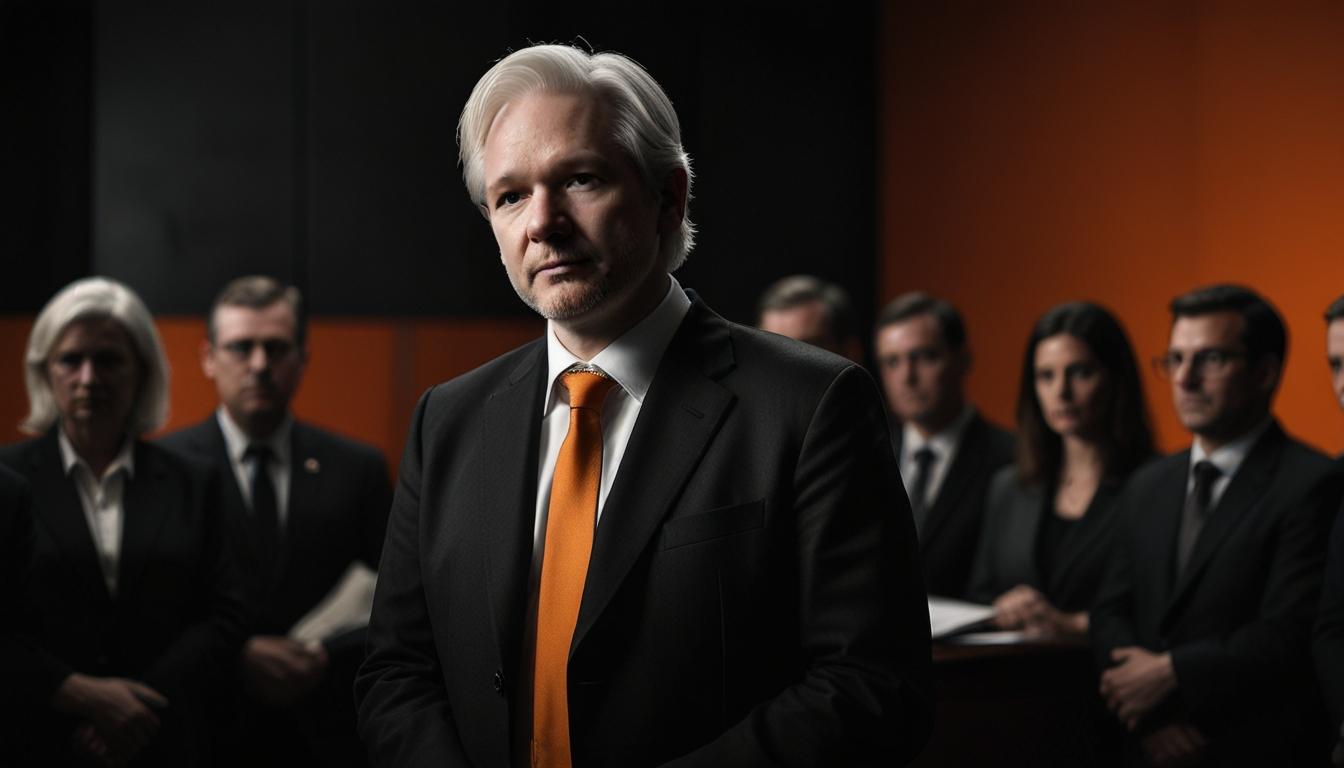WikiLeaks founder Julian Assange has pleaded guilty to a single charge in a U.S. court on the Pacific island of Saipan, bringing an end to a long-standing legal battle centred on the publication of classified documents related to the Afghanistan and Iraq wars. This decision comes after U.S. prosecutors dropped 17 other espionage charges, and follows Assange’s release from Belmarsh Prison in London after years of confinement.
WikiLeaks founder Julian Assange has pleaded guilty to a single charge in a U.S. court on the Pacific island of Saipan. This decision resolves a long-standing legal battle centered on the publication of classified documents related to the Afghanistan and Iraq wars. In exchange for his plea, U.S. prosecutors dropped 17 other espionage charges.
Assange appeared before Judge Ramona V Manglona in the Northern Mariana Islands on June 26, 2024. He had opposed traveling to the continental U.S. for the hearing, favoring the location’s proximity to Australia. This development follows Assange’s release from Belmarsh Prison in London, where he was held for five years, largely in solitary confinement.
Assange is expected to travel to his native Australia to reunite with his family. The plea deal concludes the U.S. government’s decade-long pursuit of Assange, who became a contentious figure for press freedom advocates and government officials concerned about national security risks posed by the leaks.
The plea agreement, signed on June 19, mandated Assange to fund a chartered flight from Stansted Airport, with financial support for the flight coming partially from a fundraising campaign. Assange’s release was facilitated by diplomatic efforts, particularly by Australian Prime Minister Anthony Albanese.
Assange’s legal saga included a European arrest warrant from Sweden for sexual assault allegations, later dropped in 2019. His confinement in the Ecuadorian Embassy in London and subsequent imprisonment highlighted the international and legal complexities of his case.
The plea and subsequent release mark an end to one of the most high-profile legal battles involving classified information and press freedom in recent history.
